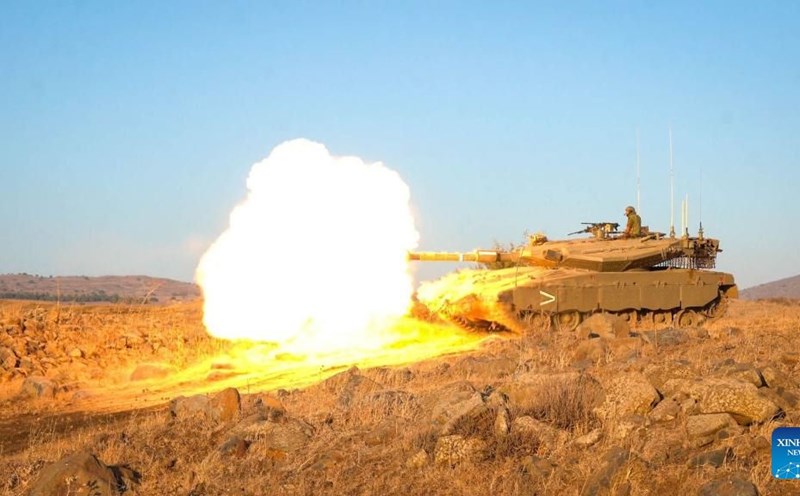According to AI Jazeera, although concerns remain about the possibility of maintaining the ceasefire and permanently ending the conflict between the Israeli army and armed groups in Lebanon, this small Mediterranean country also feels relieved.
As soon as the ceasefire took effect at 4am local time (02am GMT) on November 27, 2024, thousands of people made their way back to southern Lebanon, despite warnings from the Israeli army to stay away from areas that had been previously evacuated.
After 14 months of tension, the highway linking the capital Beirut to the south is packed with vehicles carrying displaced people with their belongings piled high on the roofs. Traffic is at a standstill at the northern entrance to the port city of Sidon.
The sheer scale of the forced displacement strategy and the intense air strikes by the Israeli army, which devastated towns and cities, means that many may have nothing to return to.
As dawn broke in Beirut, plumes of smoke were still visible from areas hit by Israeli airstrikes before the ceasefire came into effect.
On November 26, residents of the capital and its southern suburbs suffered the fiercest attack since the war began.
At least 42 people were killed in Israeli strikes across Lebanon on November 26, according to local officials. Hezbollah also fired rockets into Israel, setting off air raid sirens in the north of the country.
At least 3,823 people have been killed and 15,859 injured in Israeli attacks in Lebanon since the Gaza war began last October.










